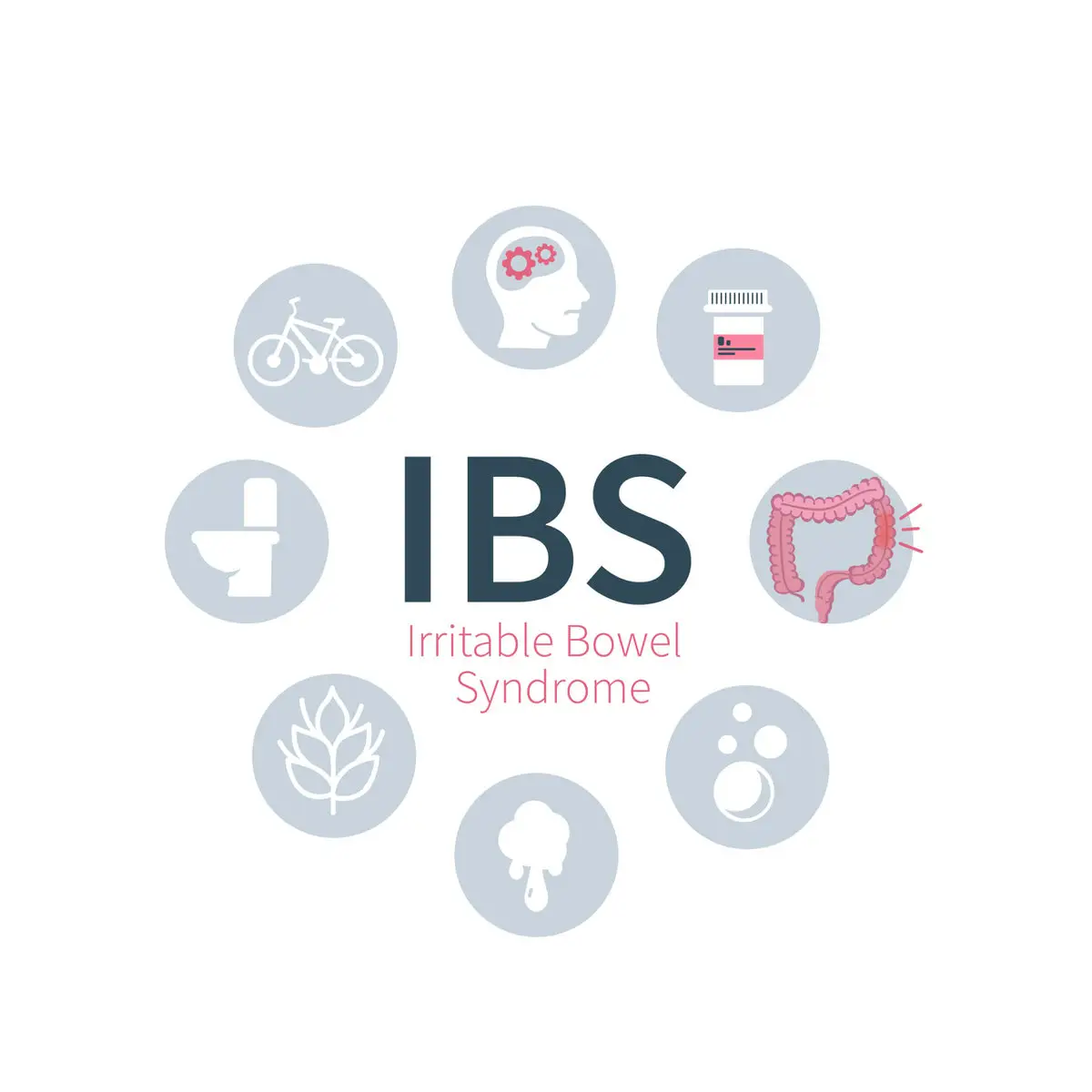Irritable Bowel Syndrome (IBS) is very common.
Often referred to as IBS, one in seven Australian adults suffer with this – making it more common than diabetes, heart disease and cancer. In this blog I will answer the five questions that people like to know the answers to, but are often too embarrassed to ask.
1. How would I know if I had IBS?
IBS can be tricky to diagnose because it relates to the functioning of the digestive system, not gut structure. IBS cannot be diagnosed via blood tests or exploratory investigations. The first ever image of an “Irritable bowel” was published recently and can be seen here. You may have had some investigations to see if there is anything structurally causing your gut symptoms, and if these are all clear, then the symptoms and absence of any other condition result in a diagnosis of IBS. Breath tests can be used to find out if lactose, fructose, sorbitol and mannitol malabsorption might be triggering IBS symptoms. This can be done by a pathology service or using a home testing kit.
2. Why am I so windy?
It is normal to pass wind a few hours after you eat baked beans, especially if you eat a lot in one sitting, or have not eaten them for a while! However, some people experience discomfort and bloating after eating foods such as bread, bread and onions. This is not “normal” and is typical of IBS. These foods may cause abdominal pain in a gut that is “hypersensitive” to the additional pressure created by such gases. This would also put you on the IBS end of the spectrum. Pain, bloating and wind tend to be associated with gas production and constipation.
3. Why do I always have “the trots”?
Certain foods (e.g. prunes) can soften bowel motions by drawing fluid into the gut. This is normal and useful for alleviating constipation. However, some people find that eating certain FODMAP foods causes diarrhoea because way too much fluid is drawn into the bowel. That is not normal, and can be one of the most frustrating issues for IBS sufferers.
4. How can I stop my tummy feeling it might explode?
You start by taking out the foods that could be getting “fermented” by gut bacteria, which results in gases that expand, bloating the tummy. Then, you gradually re-introduce these foods in a certain way, while also working on other issues such as stress, gut bacteria and lifestyle. Eventually you reach what we call the threshold level, where you remain from symptoms, with as varied diet as possible.
5. Do I have to be gluten free to be on a low FODMAP diet?
No, we would not wish that on you! Gut symptoms amongst people who have tested negative for coeliac disease were previously considered to be “gluten intolerance”. This was because these people seemed to respond well to a gluten free diet. We now know that what was considered to be intolerance to the protein component of wheat (gluten) was actually a reaction to the carbohydrates (fructans) in wheat (and many other foods) that resist normal digestion.
Book now for a video consultation with one of our gut health dietitians.

